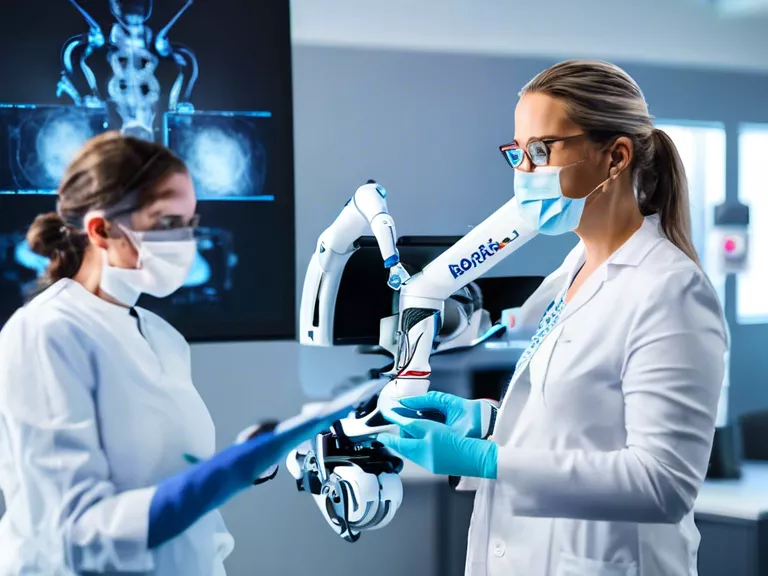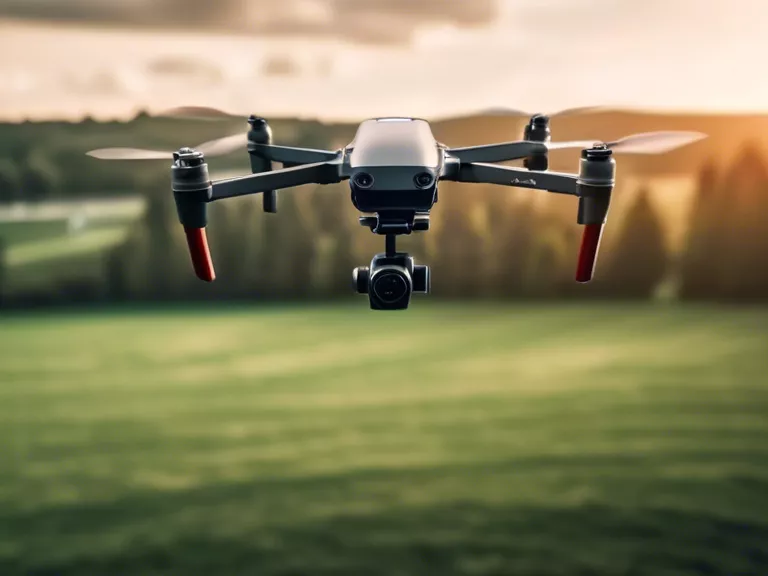
Robotics technology is revolutionizing the healthcare industry, particularly in the field of precision surgeries. With the help of robots, surgeons can now perform procedures with greater accuracy and precision, leading to better outcomes for patients. This article explores how robotics is transforming the healthcare industry and the impact it is having on precision surgeries.
One of the key benefits of using robotics in surgery is the increased precision it offers. Robots are capable of making smaller, more precise movements than human hands, which can result in fewer complications and faster recovery times for patients. In addition, robots can also provide real-time feedback to surgeons during procedures, allowing them to make adjustments as needed to ensure the best possible outcome.
Another advantage of robotics in surgery is the ability to access hard-to-reach areas of the body. With the use of robotic arms and tiny cameras, surgeons can navigate through tight spaces with ease, reducing the risk of damage to surrounding tissues. This is especially beneficial in minimally invasive procedures, where incisions are small and recovery times are shorter.
Robotic surgery also offers patients the potential for shorter hospital stays and faster recovery times. Because robots can perform procedures with greater precision, there is often less trauma to the body, leading to quicker healing and less pain post-surgery. This means patients can return to their normal activities sooner, improving their overall quality of life.
In addition to these benefits, robotics in surgery also allows for greater efficiency in the operating room. Surgeons can perform procedures more quickly and with greater accuracy, reducing the risk of human error. This can lead to better outcomes for patients and lower healthcare costs in the long run.
Overall, robotics technology is transforming the healthcare industry by enabling precision surgeries that were once only a dream. With greater accuracy, access, and efficiency, robotic surgery is changing the way we approach medical procedures and improving outcomes for patients around the world.



